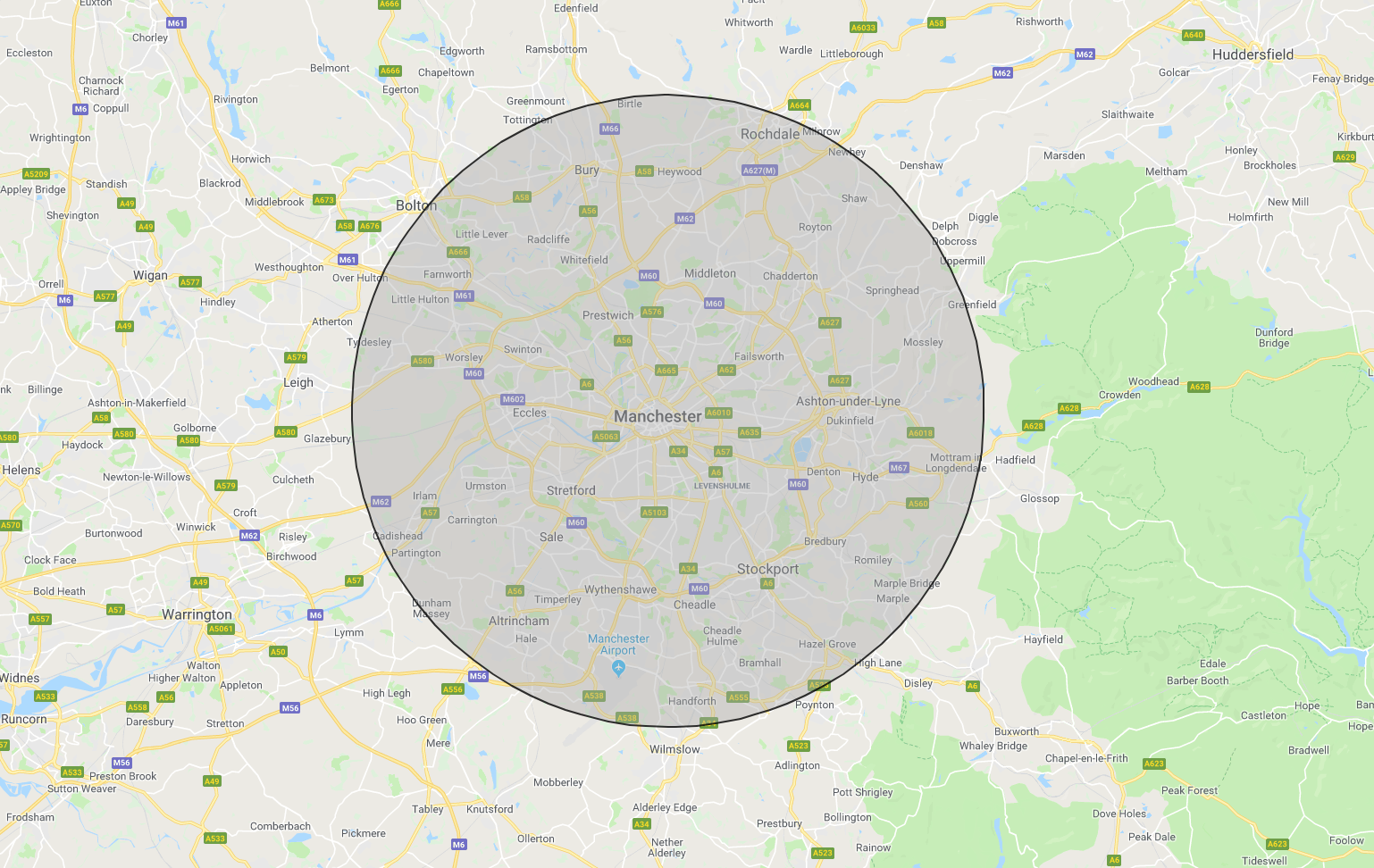-

The Department for Transport’s Further Guidance on the ‘Short Distance’ Exemption
-
27th September 2019
-
-
by Bill Freeman
Chief Executive
In March, the Department for Transport launched its response to their 2018 consultation on the use of section 19 and 22 permits in Great Britain. Within it they included information on two exemptions from EC1071/2009 which sets out the requirements that organisations must follow when operating vehicles carrying more than 8 passengers in return for payment. One of those exemptions was the ‘short distance exemption’ and in their initial response, the Department promised further guidance on what the exemption would mean in practice for organisations operating community transport. If you missed it, you can find our initial briefing on the Department’s March announcement here.
Today, the Department for Transport have published that further guidance on the operation of the ‘short distance’ exemption to EU Regulation 1071/2009 on operator licensing which you can find by clicking here.
The Department have said: “This guidance addresses the most frequently asked questions from community transport operators and includes worked examples. It has been developed with stakeholders including some local authorities, organisations representing the community transport sector and the Devolved Administrations, to provide a greater degree of certainty on how to meet the exemption. It is designed to ensure the exemption is applied consistently across permit issuers.”
The short distance exemption is one of three exemptions to EU regulation 1071/2009, which were initially outlined by the Department for Transport in their response to the 2018 consultation on the use of section 19 and 22 permits in GB. The three exemptions are: ‘main occupation’, ‘short distance’ and ‘non-commercial purposes’. Further information on two of the three exemptions is available at ctauk.org/briefing-dft-updated-guidance/. Currently, the ‘non-commercial purposes’ exemption is the subject of Judicial Review proceedings and, therefore, the Department have yet to release further guidance on what this means for members.
Under the Regulations, organisations using Permits must become exempt bodies. This means that members must ensure that they meet the requirements of one of the three exemptions to EU regulation 1071/2009.
What does this mean for CTA members?
The short-distance exemption will therefore not be of relevance to all CTA members. If your transport is ancillary or complementary to your main activity (such as being a school, sport club or scout group) then you will be able to use the ‘main occupation exemption’. More details of the requirements for this are available in section 3.2 of the Permit guidance which was published back in March
For most members, they will continue to be an exempt body due to the ’non-commercial purposes’ exemption. The ‘short distance’ exemption is a fall-back position for members who no longer meet the non-commercial purposes exemption.
One question many members have asked, and which we have previously raised with the Department, is what do existing permit-holders need to do after the implementation of the ‘short distance’ exemption on 1 October 2019? We therefore welcome the clarity in this updated guidance that members who wish to rely on this exemption can do so using their existing permits. You do not need to re-apply for your permits until they expire and you will not need to declare your intention to rely on this exemption or demonstrate eligibility until the next time you need to apply for a new permit.
We do think it is important, however, that members intending to rely on the ‘short-distance’ exemption do still put together a clear rationale for why their services fall under this exemption in advance of their permit expiry dates.
If you have permits that will expire before 1 December 2019, or if you need to apply for new permits before then, you should contact the CTA advice team from 1 October to discuss the process of applying for new permits. CTA is currently working with the Department and other designated bodies to establish a common process for issuing new permits under this exemption.
If you have permits that will expire on or after 1 December 2019 our advice is to use the guidance to work out how your services will fit within the exemption and identify how you will provide the required evidence should you be asked. If you need advice from CTA please don’t hesitate to contact us when you come to make the application.
If you have opted to rely on the ‘short-distance’ exemption and are asked by any statutory body, for example a local authority or a traffic commissioner, to provide evidence that is not contained in the DfT’s document, you should contact us immediately. This should be via advice@ctauk.org and CTA can then contact DfT to ensure their guidance is being implemented correctly and fairly across the country.
As ever, if you have any questions about this or need support or advice you can get in touch with the CTA advice service on advice@ctauk.org or by calling 0345 130 6195.
-
-
- About CTA
- /
- CTA Membership
- /
- CTWeek24
- /
- Policy & Research
- CommunitySolutions: A Manifesto for the Next UK General Election
- Our Campaigning Guide for Community Transport
- Our Policy Work
- Join Our Mapping England Passenger Survey
- Aneurin Bevan Transport to Health
- Climate Action in Scotland
- conneCTing England Programme
- Mapping Scotland Project
- Mapping Wales
- Mapping England
- Tackling Loneliness in England
- Healthy Communities in Scotland
- /
- Advice & Support
- /
- Training
- /
- Events
- /